عندما يتعلق الأمر بمصابيح السياج الشمسية، فإن العديد من أصحاب المنازل يتساءلون عن نوع البطاريات التي يجب عليهم استخدامها للحفاظ على تشغيل مصابيحهم بأفضل أداء. والسؤال الشائع هو ما إذا كان بإمكانك استخدام بطاريات AA العادية في هذه المصابيح. ورغم أن هذا قد يبدو حلاً بسيطًا، إلا أن الإجابة ليست واضحة دائمًا. إن فهم كيفية عمل مصابيح السياج الشمسية ودور البطاريات في تشغيلها أمر ضروري لاتخاذ الاختيار الصحيح.
كيف تعمل أضواء السياج الشمسية؟
قبل الخوض في تفاصيل استخدام البطارية، من المهم أن نفهم كيف تعمل أضواء السياج الشمسية. تعمل الأضواء الشمسية بواسطة الألواح الشمسية التي تلتقط ضوء الشمس أثناء النهار. ثم يتم تخزين هذه الطاقة في بطاريات قابلة لإعادة الشحن، وعادة ما تكون من نوع NiMH (نيكل-هيدريد معدني) أو أحيانًا من نوع Li-ion (ليثيوم أيون)، وتستخدم لتشغيل الضوء أثناء الليل.
على عكس المصابيح الكهربائية التقليدية التي تعمل من خلال توصيلات سلكية، تعتمد المصابيح الشمسية بالكامل على الطاقة الشمسية التي يتم جمعها طوال اليوم. وهذا يجعل اختيار البطارية المناسبة أمرًا حيويًا لتحقيق الأداء الأمثل. ورغم أنه قد يكون من المغري استخدام بطاريات AA العادية، فمن الضروري معرفة الاختلافات.

لماذا لا يجب عليك استخدام بطاريات AA العادية في أضواء السياج الشمسية
على الرغم من أن بطاريات AA العادية يمكن أن تتناسب فعليًا مع معظم مصابيح الطاقة الشمسية، إلا أنها ليست الخيار الأفضل بشكل عام لمصابيح السياج الشمسية. وإليك السبب:
1. عدم التوافق مع أنظمة الشحن بالطاقة الشمسية :
تم تصميم المصابيح الشمسية للعمل مع بطاريات قابلة لإعادة الشحن محددة، مثل NiMH أو Li-ion. تم تحسين هذه الأنواع من البطاريات ليتم شحنها عبر الألواح الشمسية. البطاريات AA العادية، مثل البطاريات القلوية، ليست مصممة لهذا الغرض. فهي لا تشحن جيدًا تحت طاقة الشمس ولن توفر نفس الأداء الذي توفره البطاريات القابلة لإعادة الشحن.
2. عمر أقصر :
البطاريات القلوية، وهي البطاريات "العادية" الأكثر شيوعًا، لها عمر افتراضي محدود عند استخدامها في الأضواء الشمسية. فهي غير مصممة للتعامل مع دورات الشحن التي تتطلبها الأضواء الشمسية. بمرور الوقت، قد تتسرب هذه البطاريات أو تتدهور، مما قد يؤدي إلى انخفاض الأداء أو حتى تلف الأضواء الشمسية.
3. زيادة خطر التسرب :
تتعرض البطاريات القلوية للتسرب عند شحنها أو تفريغها مرات عديدة. ونظرًا لأن أضواء السياج الشمسية تعتمد على إعادة الشحن أثناء النهار، فإن استخدام بطاريات AA العادية يزيد من خطر التسرب، مما قد يؤدي إلى تآكل حجرة البطارية وتقليل العمر الإجمالي لأضواءك.
4. انخفاض انبعاث الضوء :
قد لا توفر بطاريات AA العادية نفس مستوى الطاقة الذي توفره البطاريات القابلة لإعادة الشحن، مما قد يؤدي إلى إنتاج ضوء باهت. تم تصميم مصابيح السياج الشمسية للعمل بجهد وسعة محددين للبطاريات القابلة لإعادة الشحن، مما يضمن بقاء الضوء ساطعًا طوال الليل. يمكن أن يؤدي استخدام بطاريات AA العادية إلى الحد من كمية الطاقة المتاحة، مما يؤدي إلى سطوع أقل ووقت تشغيل أقصر.ما هو نوع البطاريات التي يجب استخدامها لإضاءة السياج الشمسي؟
للحصول على أفضل أداء من أضواء السياج الشمسية، من المهم استخدام النوع الصحيح من البطاريات. فيما يلي النوعان الأكثر شيوعًا المستخدمان في الأضواء الشمسية :
-
بطاريات NiMH (نيكل هيدريد معدني) :
- بطاريات NiMH هي النوع الأكثر شيوعًا من البطاريات القابلة لإعادة الشحن المستخدمة في الأضواء الشمسية. وهي مصممة للتعامل مع دورات الشحن المتكررة، مما يجعلها مثالية للتطبيقات التي تعمل بالطاقة الشمسية. تتمتع هذه البطاريات بكثافة طاقة عالية، مما يسمح لها بتخزين المزيد من الطاقة، مما يوفر وقت تشغيل أطول لأضواء السياج الشمسية الخاصة بك.
- المزايا : بطاريات NiMH أكثر كفاءة وأطول عمرًا وأكثر أمانًا من بطاريات AA العادية. كما أنها صديقة للبيئة بشكل أكبر.
-
بطاريات ليثيوم أيون (ليثيوم أيون) :
- تستخدم بعض مصابيح السياج الشمسية عالية الجودة بطاريات ليثيوم أيون. تتمتع هذه البطاريات بسعة طاقة أعلى ويمكن أن تدوم لفترة أطول من بطاريات NiMH. كما أنها أخف وزنًا وأكثر إحكاما، مما يجعلها خيارًا رائعًا لتصميمات الإضاءة الشمسية الحديثة والأنيقة.
- المزايا : عمر بطارية أطول، وتحويل طاقة أكثر كفاءة، وأوقات شحن أسرع.
لماذا يجب عليك الالتزام بالبطاريات القابلة لإعادة الشحن؟
عندما يتعلق الأمر بمصابيح السياج الشمسية، فإن استخدام البطاريات القابلة لإعادة الشحن يضمن أداء مصابيحك بأفضل أداء لفترة طويلة. فيما يلي بعض الفوائد الرئيسية لاستخدام البطاريات القابلة لإعادة الشحن بشكل صحيح:
1. عمر أطول :
- تم تصميم البطاريات القابلة لإعادة الشحن بحيث تتحمل دورات الشحن والتفريغ التي تمر بها الأضواء الشمسية. وهذا يجعلها تدوم لفترة أطول بكثير من بطاريات AA العادية، مما يعني استبدالها بشكل أقل وهدر أقل.
- على الرغم من أن البطاريات القابلة لإعادة الشحن قد تكلف أكثر مقدمًا، إلا أنها توفر المال على المدى الطويل لأنك لن تحتاج إلى استبدالها كثيرًا مثل البطاريات العادية.
- تعتبر البطاريات القابلة لإعادة الشحن أكثر استدامة، حيث تقلل من التأثير البيئي المرتبط بالتخلص المتكرر من البطاريات. بالإضافة إلى ذلك، تميل إلى ترك بصمة كربونية أصغر مقارنة بالبطاريات التقليدية التي يمكن التخلص منها.
- تم تصميم البطاريات القابلة لإعادة الشحن لتوفير طاقة ثابتة لمصابيح السياج الشمسية الخاصة بك، مما يضمن إضاءة أكثر سطوعًا وموثوقية. وهذا مهم بشكل خاص للأضواء التي تحتاج إلى العمل أثناء الليل وفي ظل ظروف غائمة أو منخفضة الشمس.

كيفية صيانة أضواء وبطاريات السياج الشمسي
لضمان استمرار عمل مصابيح السياج الشمسي وكفاءتها، من المهم صيانة المصابيح والبطاريات بشكل صحيح. فيما يلي بعض النصائح للحفاظ على مصابيح السياج الشمسي في حالة جيدة:
1. حافظ على نظافة الألواح الشمسية :
- يمكن أن يؤدي الغبار والأوساخ والحطام إلى منع أشعة الشمس من الوصول إلى اللوحة الشمسية، مما يقلل من كفاءتها. تأكد من تنظيف الألواح الشمسية بانتظام، خاصة إذا كنت تعيش في منطقة متربة أو ريفية.
- حتى أفضل البطاريات القابلة لإعادة الشحن تتدهور بمرور الوقت. إذا لاحظت أن أضواء السياج الشمسية الخاصة بك لا تعمل كما كانت من قبل، فقد حان الوقت لاستبدال البطاريات بخيارات جديدة عالية الجودة قابلة لإعادة الشحن.
- تحتاج أضواء السياج الشمسية إلى ضوء الشمس المباشر للشحن بشكل فعال. تأكد من عدم حجب الألواح الشمسية بواسطة أشياء مثل الأشجار أو المباني أو الهياكل الأخرى.
- إذا كنت تقوم بتخزين الأضواء الشمسية الخاصة بك لفصل الشتاء أو لفترة طويلة، قم بإزالة البطاريات لتجنب التسرب أو التآكل.
مصابيح سياج الطاقة الشمسية من Hykoont: موثوقة ومتينة
في Hykoont، نقدم مصابيح سياج تعمل بالطاقة الشمسية عالية الجودة ومجهزة ببطاريات قابلة لإعادة الشحن تدوم طويلاً. تم تصميم مصابيح السياج التي تعمل بالطاقة الشمسية لدينا لتوفير إضاءة فعالة وموثوقة، مما يجعل مساحاتك الخارجية أكثر أمانًا وجمالًا. بفضل تكنولوجيا الطاقة الشمسية المتقدمة والبناء المتين، تعد مصابيح Hykoont الشمسية الخيار الأمثل لتحسين حديقتك أو الفناء الخلفي أو الممر.
سواء كنت تبحث عن إضاءة سياج الحديقة أو إضاءة ممر أو إضافة لمسة من الأناقة إلى ديكور منزلك الخارجي، فإن مصابيح السياج الشمسية من Hykoont ستلبي جميع احتياجاتك. استمتع براحة الإضاءة الموفرة للطاقة والتي لا تتطلب صيانة كبيرة وتعمل ليلًا ونهارًا، بغض النظر عن الطقس.
خاتمة
في الختام، لا يُنصح باستخدام بطاريات AA العادية في أضواء السياج الشمسية. لا يتم تصميم بطاريات AA العادية لدورات الشحن ومتطلبات الطاقة للأضواء الشمسية. للحصول على أفضل أداء، اختر دائمًا بطاريات NiMH أو Li-ion القابلة لإعادة الشحن، والتي تم تصنيعها خصيصًا لتطبيقات الطاقة الشمسية. توفر هذه البطاريات عمرًا أطول وكفاءة أفضل واستدامة بيئية أكبر.
من خلال اختيار البطاريات المناسبة وصيانة أضواء سياجك الشمسية، ستستمتع بإضاءة ساطعة وطويلة الأمد في مساحاتك الخارجية لسنوات قادمة.



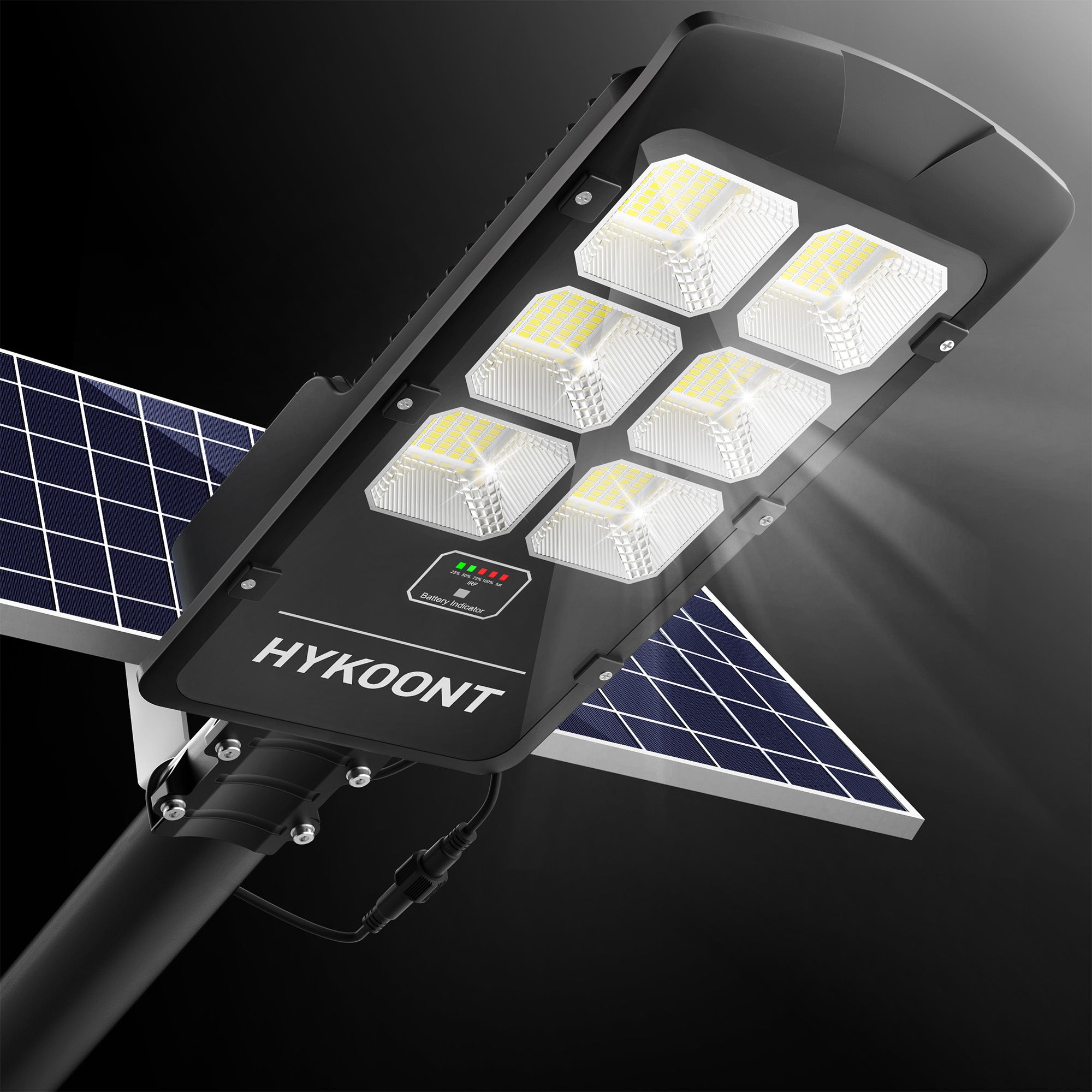
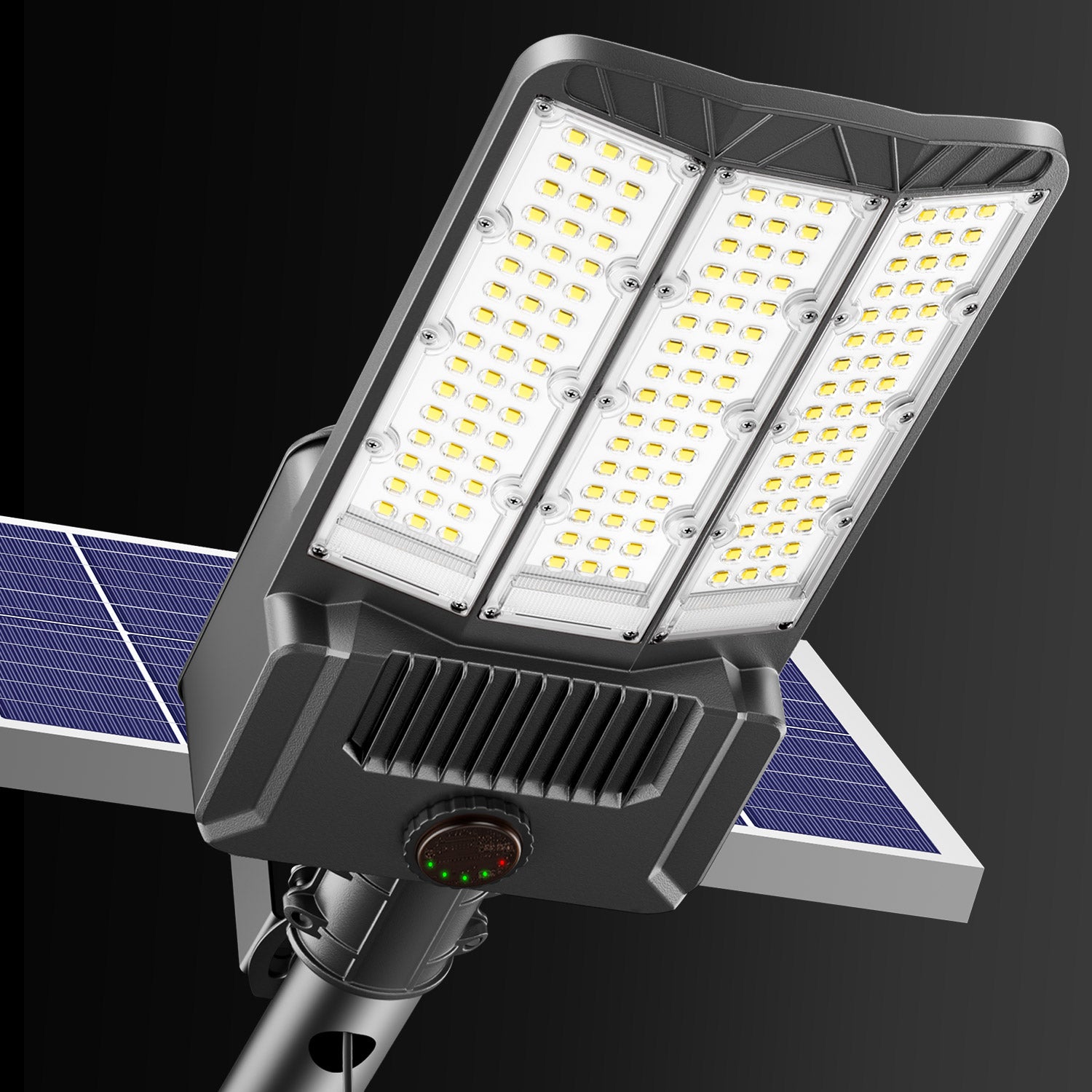

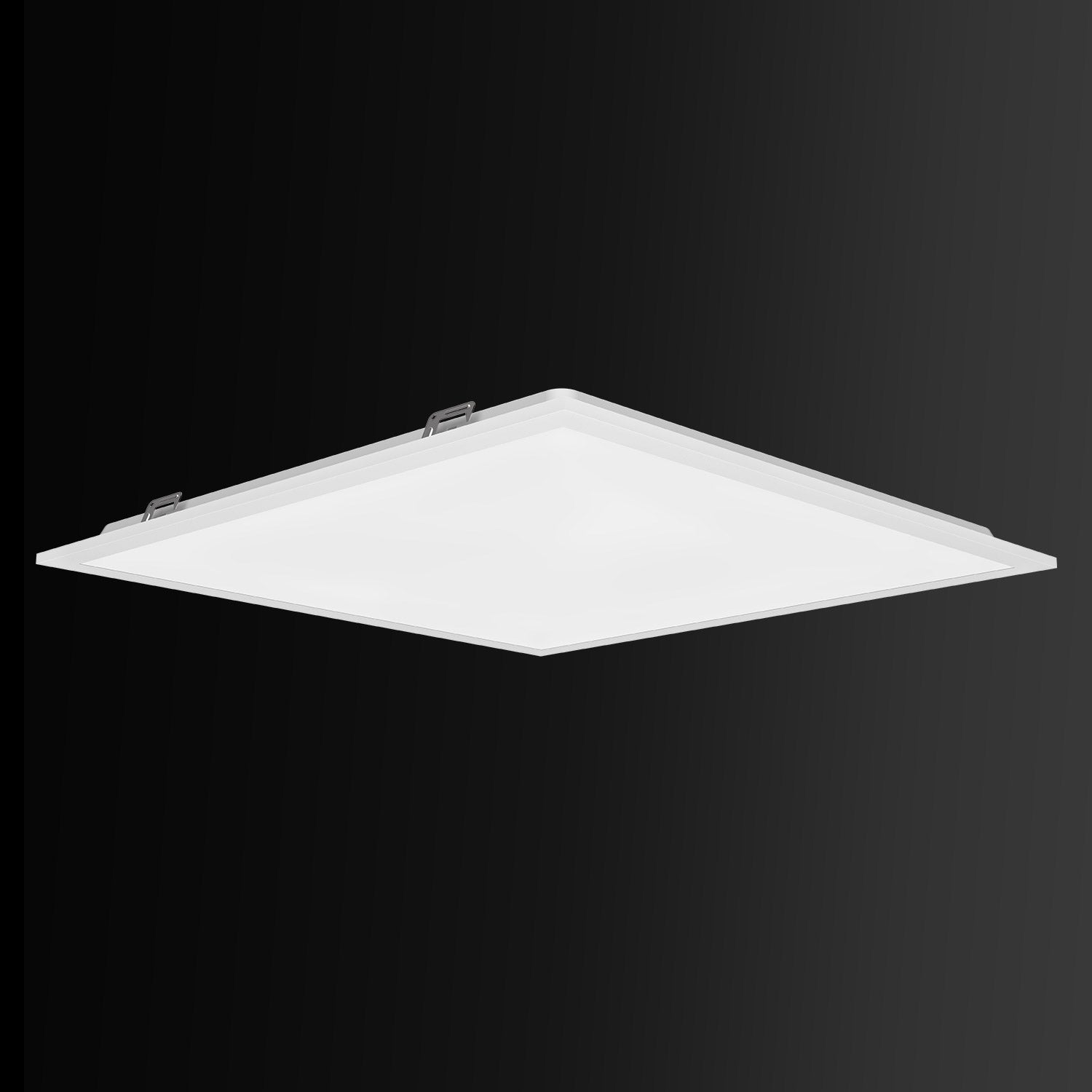
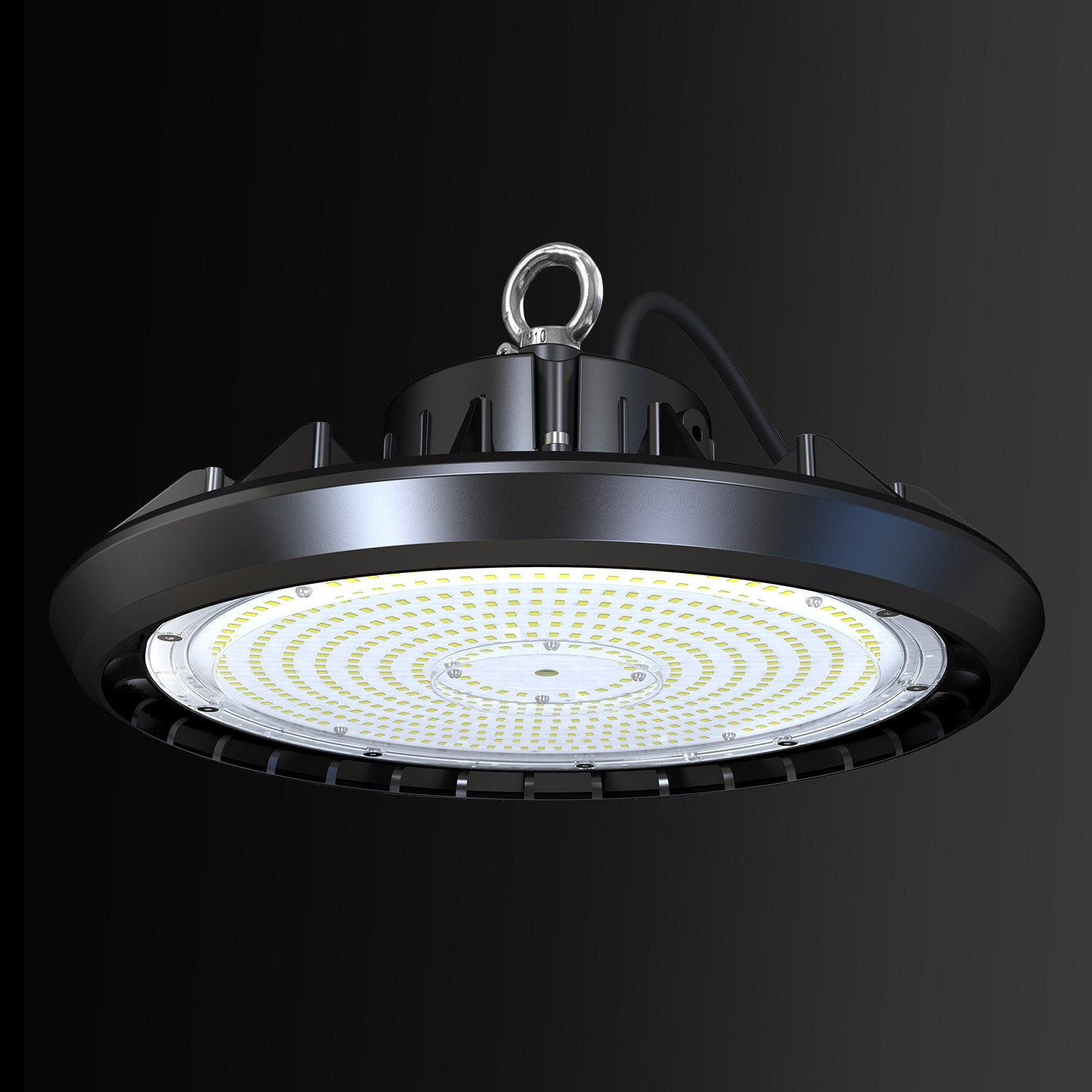
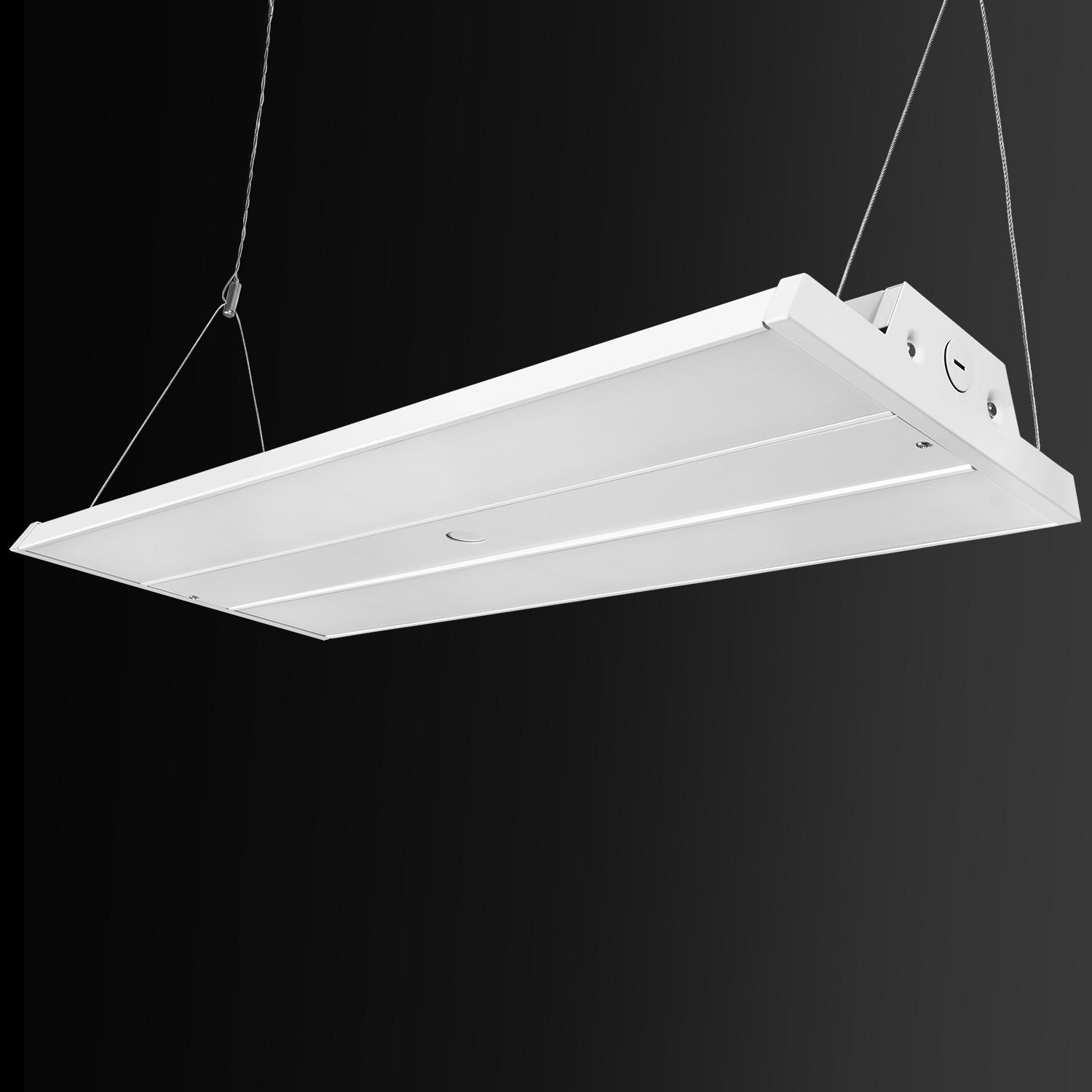






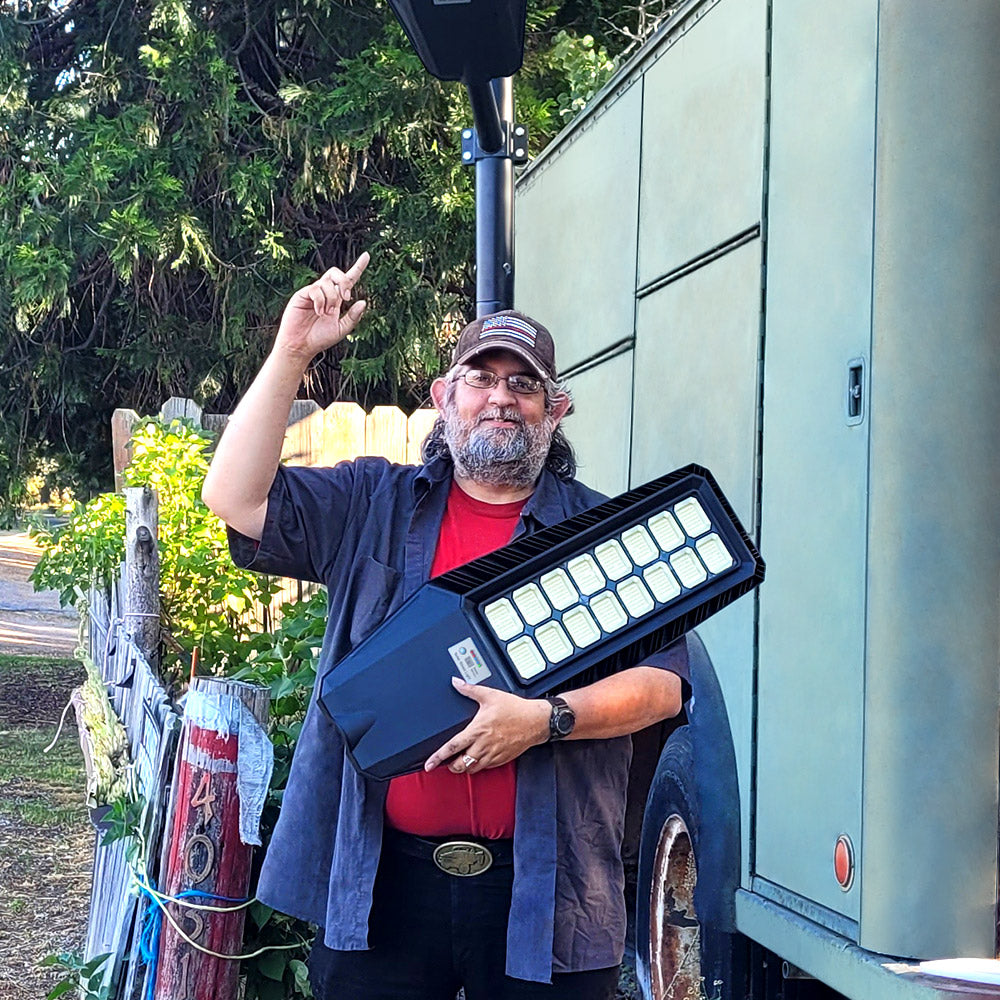
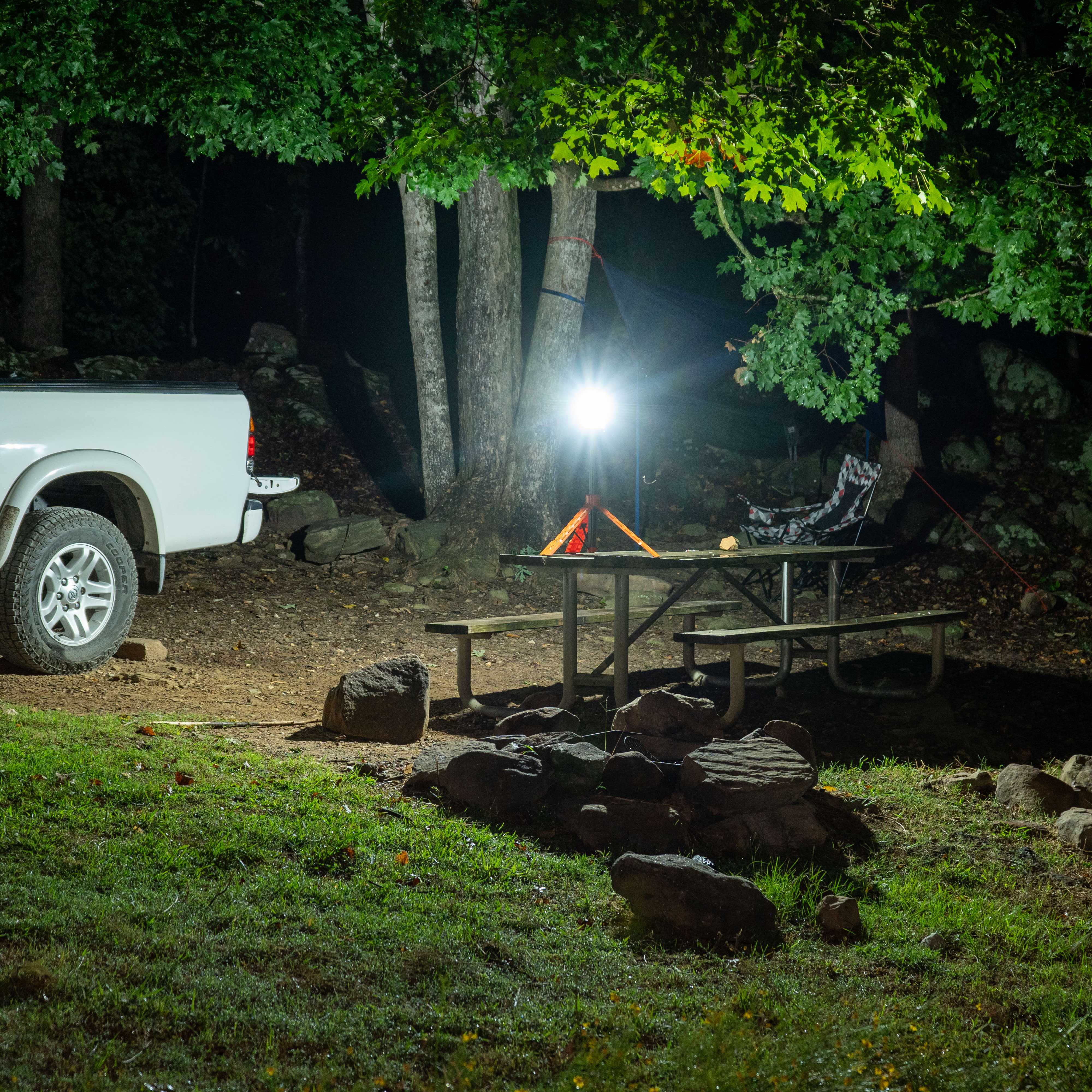
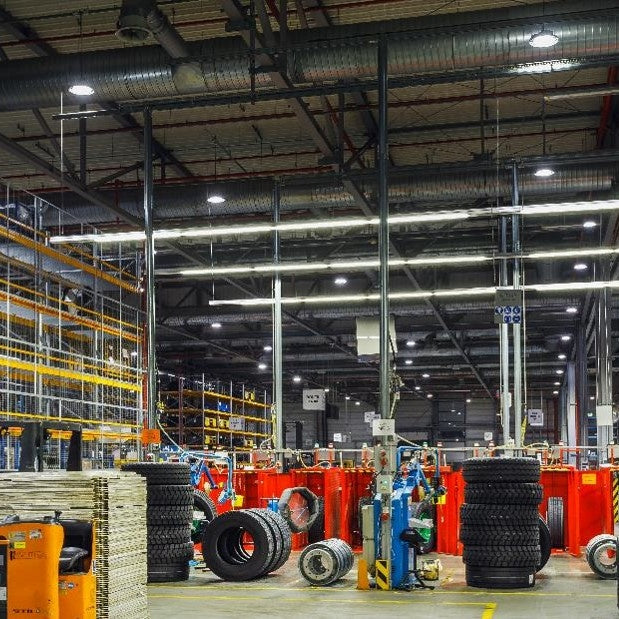
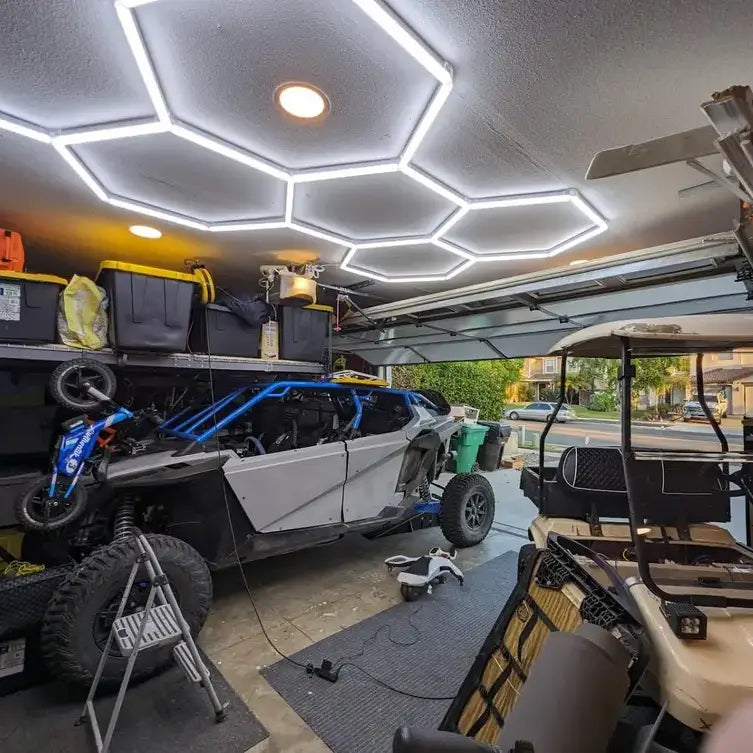
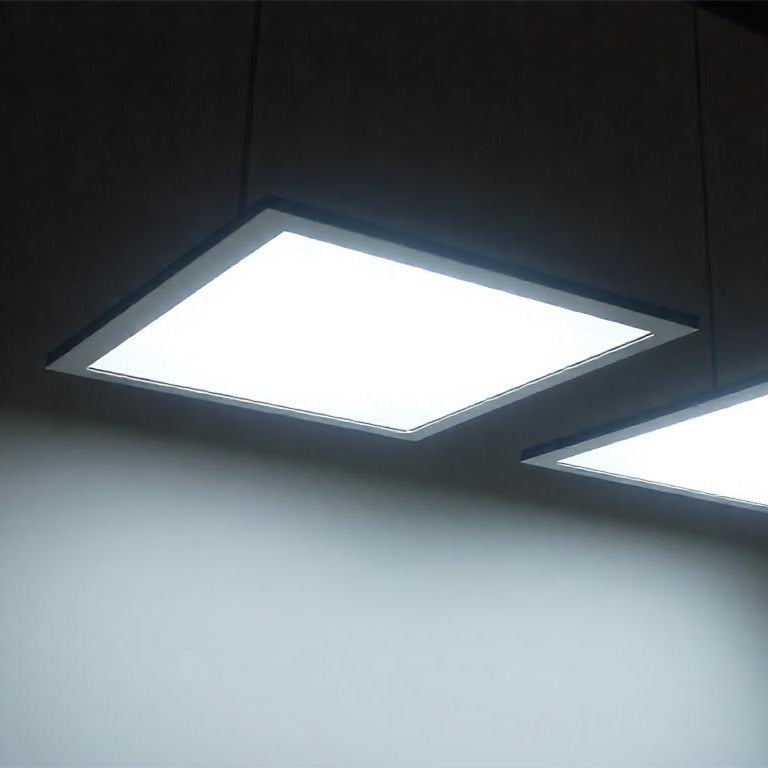
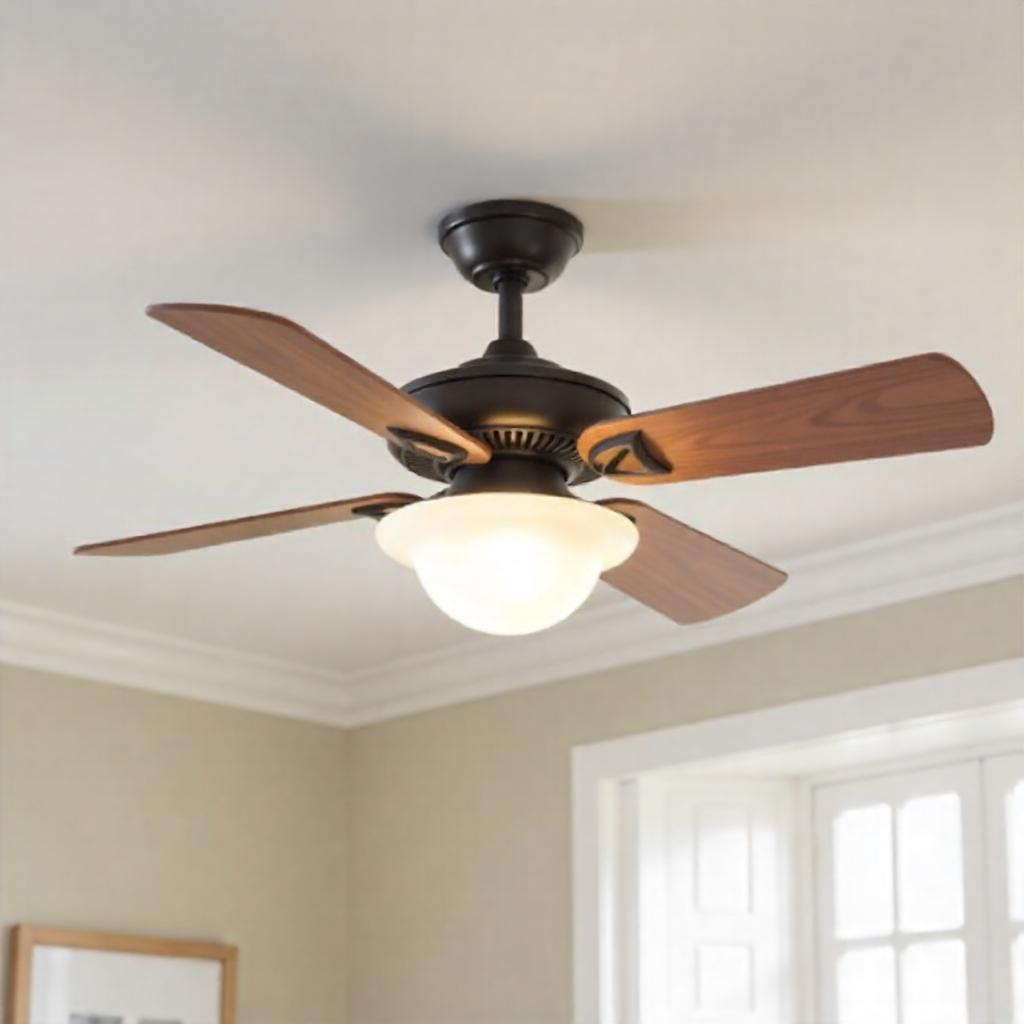
اترك تعليقًا
This site is protected by hCaptcha and the hCaptcha Privacy Policy and Terms of Service apply.